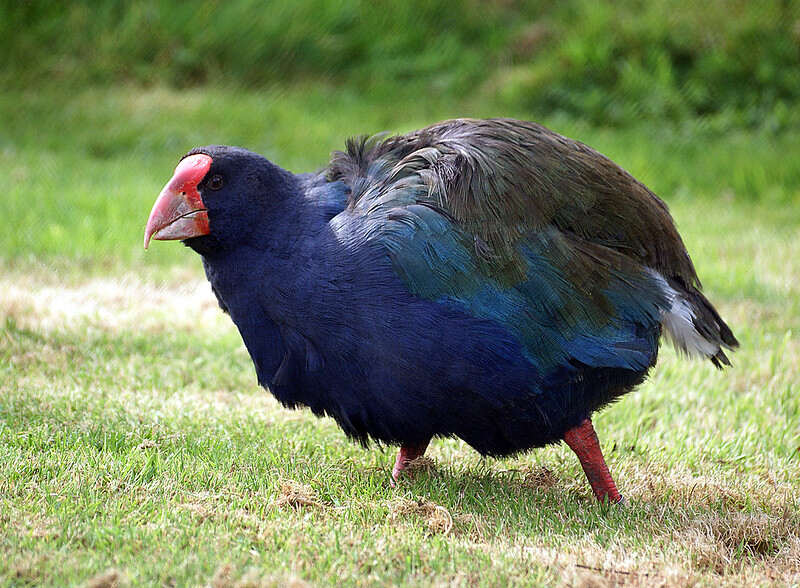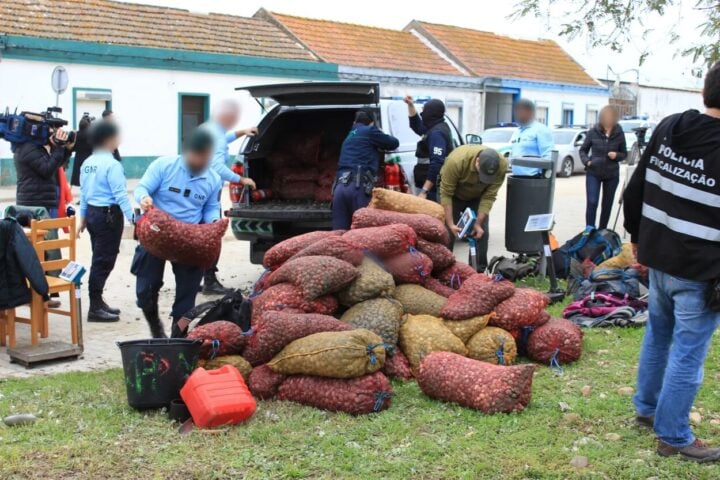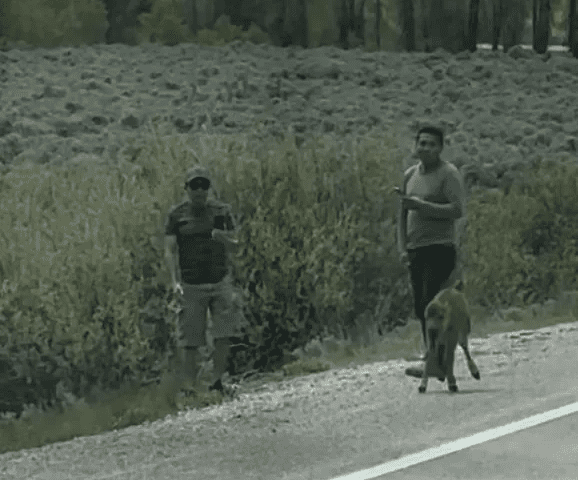In a case that’s sending shockwaves through both sports and animal welfare circles, former NFL running back LeShon Johnson now faces serious federal charges related to an alleged dog fighting operation in Oklahoma. Federal authorities seized 190 pit bull-type dogs from his properties—the largest number ever confiscated from a single individual in a federal dogfighting case.
The 54-year-old former Green Bay Packers, Arizona Cardinals, and New York Giants player allegedly ran a dogfighting operation called “Mal Kant Kennels” in Broken Arrow and Haskell, Oklahoma. Johnson has been charged with possessing dogs for use in an animal fighting venture and selling, transporting, and delivering dogs for fighting purposes.
“Animal abuse is cruel, depraved, and deserves severe punishment,” Attorney General Pamela Bondi said in a statement. “The Department of Justice will prosecute this case to the fullest extent of the law and will remain committed to protecting innocent animals from those who would do them harm.”
This isn’t Johnson’s first brush with such allegations. Court documents reveal he previously pleaded guilty to state animal fighting charges in 2004 for an operation known as “Krazyside Kennels,” receiving a five-year deferred sentence at that time.
According to prosecutors, Johnson systematically bred “champion” and “grand champion” fighting dogs—terms that refer to animals that have won three or five fights, respectively—to produce offspring with specific fighting traits. He allegedly sold both the offspring and stud rights to other dogfighters across the country, fueling the underground dogfighting industry while profiting financially.
The indictment, comprising 21 counts and unsealed in March 2025, details how authorities found evidence including business records, photos, videos, text messages, and financial transactions through Cash App. If convicted, Johnson faces up to five years in prison on each count, along with a potential $250,000 fine per charge.
Similar Posts:
FBI Director Kash Patel emphasized the seriousness of these allegations: “The FBI will not tolerate criminals that harm innocent animals for their twisted form of entertainment. The FBI views animal cruelty investigations as a precursor to larger, organized crime efforts, similar to trafficking and homicides. This is yet another push in the FBI’s crackdown of violent offenders harming our most innocent.”
Johnson’s athletic career once showed tremendous promise. At Northern Illinois University, he earned consensus All-American honors in 1993, leading the nation with 1,976 rushing yards and finishing sixth in Heisman Trophy voting. The Green Bay Packers selected him in the third round of the 1994 draft, and he played six seasons in the NFL, recording five rushing touchdowns during his professional career.
“Dog fighting is a cruel, blood-thirsty venture, not a legitimate business or sporting activity,” said U.S. Attorney Christopher J. Wilson for the Eastern District of Oklahoma.
Acting Assistant Attorney General Adam Gustafson added: “This strategic prosecution of an alleged repeat offender led to the seizure of 190 dogs destined for a cruel end. It disrupts a major source of dogs used in other dog fighting ventures.”
While dogfighting remains illegal in all 50 states, organized operations persist throughout the country, with estimates suggesting tens of thousands of participants nationwide. The scale of Johnson’s alleged operation—with 190 dogs—points to the continued prevalence of this underground activity and the challenges authorities face in eradicating it.
Johnson’s lawyer, Courtney R. Jordan, has declined to comment on the case.
Frequently Asked Questions
LeShon Johnson is a former NFL running back who played for the Green Bay Packers, Arizona Cardinals, and New York Giants during his six-season career. He is currently facing federal charges related to allegedly operating a large-scale dogfighting operation called “Mal Kant Kennels” in Oklahoma. Authorities have accused him of possessing dogs for use in animal fighting ventures and selling, transporting, and delivering dogs for fighting purposes.
Federal authorities seized 190 pit bull-type dogs from Johnson’s properties in Broken Arrow and Haskell, Oklahoma. This represents the largest number of dogs ever confiscated from a single individual in a federal dogfighting case, highlighting the substantial scale of the alleged operation.
Yes, this isn’t Johnson’s first encounter with animal fighting charges. According to court documents, he previously pleaded guilty to state animal fighting charges in 2004 for an operation known as “Krazyside Kennels.” At that time, he received a five-year deferred sentence, indicating this appears to be a pattern of behavior rather than an isolated incident.
If convicted, Johnson faces serious legal consequences. The indictment comprises 21 counts, and he could receive up to five years in prison on each count. Additionally, he may face a potential fine of up to $250,000 per charge. Given the number of counts, the combined maximum penalties could be substantial.
LeShon Johnson had a promising athletic career before these legal troubles. At Northern Illinois University, he earned consensus All-American honors in 1993, leading the nation with 1,976 rushing yards and finishing sixth in Heisman Trophy voting. The Green Bay Packers selected him in the third round of the 1994 draft, and he played six seasons in the NFL, recording five rushing touchdowns during his professional career.
Despite being illegal in all 50 states, dogfighting remains a persistent problem throughout the United States. There are estimates suggesting tens of thousands of participants nationwide in organized dogfighting operations. The scale of Johnson’s alleged operation—with 190 dogs—highlights the continued prevalence of this underground activity and the significant challenges authorities face in their efforts to eradicate it completely.



















